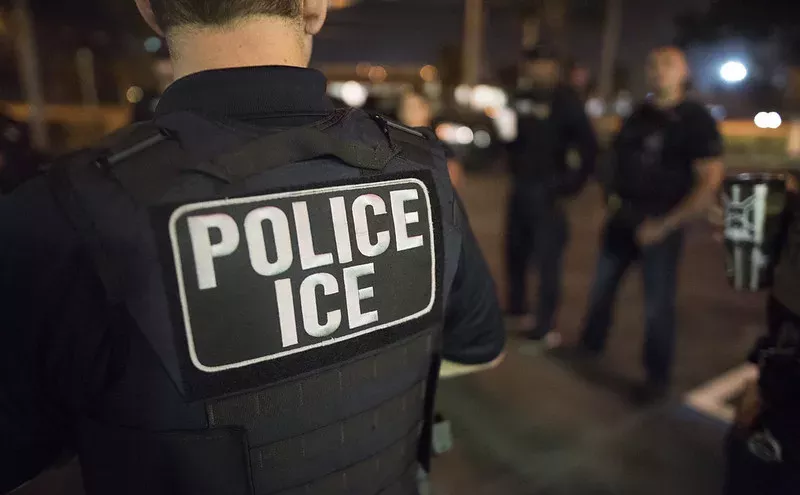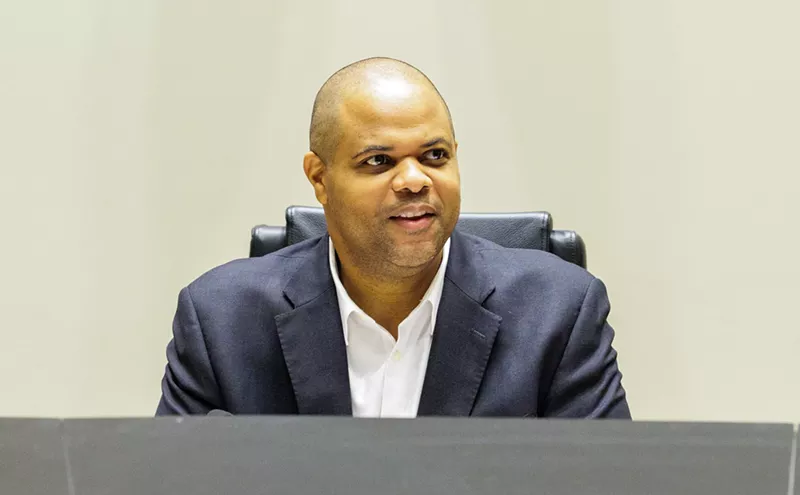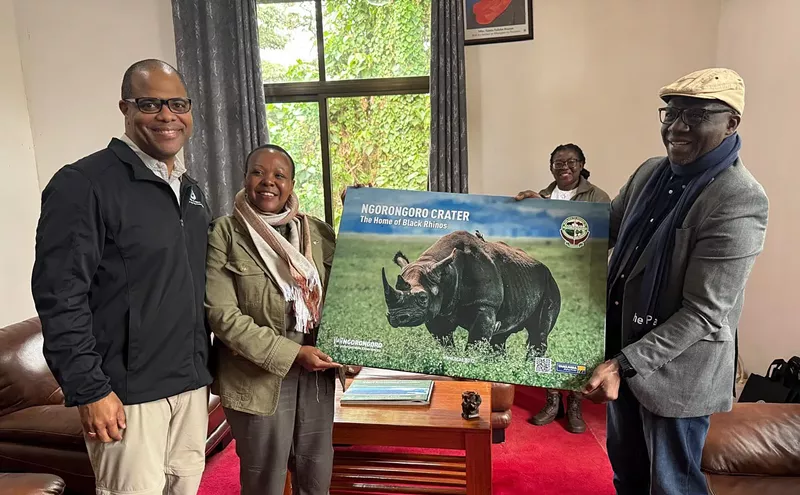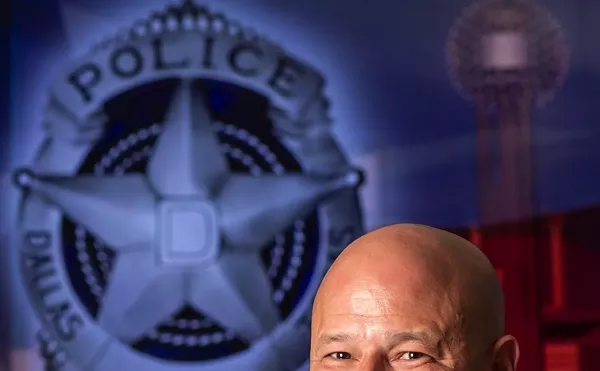When the city of Dallas gets its first local, mosquito-transmitted case of the Zika virus, Dallas County will likely begin aerial spraying of mosquito-killing insecticide. Thanks to a Wednesday vote, it will do so with the blessing of the Dallas City Council as well.
Dallas County Health and Human Services does not need the city's permission to do aerial spraying, but it wanted it all the same, so it wouldn't be spraying the city against its will.
"It's clearly a matter of when not if," DCHHS Director Zach Thompson said Wednesday of local transmission by mosquito. The county, as of Wednesday afternoon, has seen 33 residents test positive for the virus, which can cause birth defects like microcephaly, which leads to a shrunken brain and head. "We need to be able to respond quickly if there is a localized case in Dallas County."
Because of recent rain in Dallas, Thompson said, the number of Aedes aegypti mosquitoes in the area has gone up in the previous couple of weeks. Mosquitoes of that species can bite someone who contracted Zika elsewhere and begin local transmission.
So far, the only local transmission of Zika in the U.S. has happened in Miami. Thompson said that lessons learned in south Florida are informing DCHHS decisions.
"What you can look at in Miami-Dade [County] is that it wasn't until they did the aerial spraying that they were able to knock down the Aedes mosquitoes," Thompson said.
Council member Mark Clayton, as he had in a previous committee meeting, questioned the potential effect of aerial spraying on Dallas beekeepers and organic farmers. Clayton wanted a guarantee that efforts would be made to protect the local environment.
"I know we just had a problem where someone made a clerical error and killed millions of bees," Clayton said, citing recent South Carolina aerial spraying that decimated the local bee population because it happened at 6 a.m., when bees are most active. "We have a chance now to put into writing that we're going to spray at this point. Why would we not ask that?"
Assistant City Manager Joey Zapata assured Clayton that efforts would be made to warn gardeners and that the city would work with the county to make sure that spraying was done at a time that was safe for bees.
Clayton's colleague, Philip Kingston, had a different issue.
"It appears to me that this action is intended to make us hold hands with [the county] in a controversial practice related to public health," Kingston said. "We don't have any authority but they are asking us to take responsibility."
Despite the apprehension, the council agreed by a 13-0 vote to sign off on the spraying — Kingston and Scott Griggs were absent when the vote was taken.
"I hope we won't have to do this, but we've got this in our tool chest," Dallas Mayor Mike Rawlings said of the spraying.

Audio By Carbonatix
[
{
"name": "GPT - Billboard - Slot Inline - Content - Labeled - No Desktop",
"component": "21721571",
"insertPoint": "2",
"requiredCountToDisplay": "2"
},{
"name": "STN Player - Float - Mobile Only ",
"component": "21861991",
"insertPoint": "2",
"requiredCountToDisplay": "2"
},{
"name": "Editor Picks",
"component": "17105533",
"insertPoint": "4",
"requiredCountToDisplay": "1"
},{
"name": "Inline Links",
"component": "18349797",
"insertPoint": "8th",
"startingPoint": 8,
"requiredCountToDisplay": "7",
"maxInsertions": 25
},{
"name": "GPT - 2x Rectangles Desktop, Tower on Mobile - Labeled",
"component": "22608066",
"insertPoint": "8th",
"startingPoint": 8,
"requiredCountToDisplay": "7",
"maxInsertions": 25
},{
"name": "Inline Links",
"component": "18349797",
"insertPoint": "8th",
"startingPoint": 12,
"requiredCountToDisplay": "11",
"maxInsertions": 25
},{
"name": "GPT - Leaderboard to Tower - Slot Auto-select - Labeled",
"component": "17357520",
"insertPoint": "8th",
"startingPoint": 12,
"requiredCountToDisplay": "11",
"maxInsertions": 25
}
]











